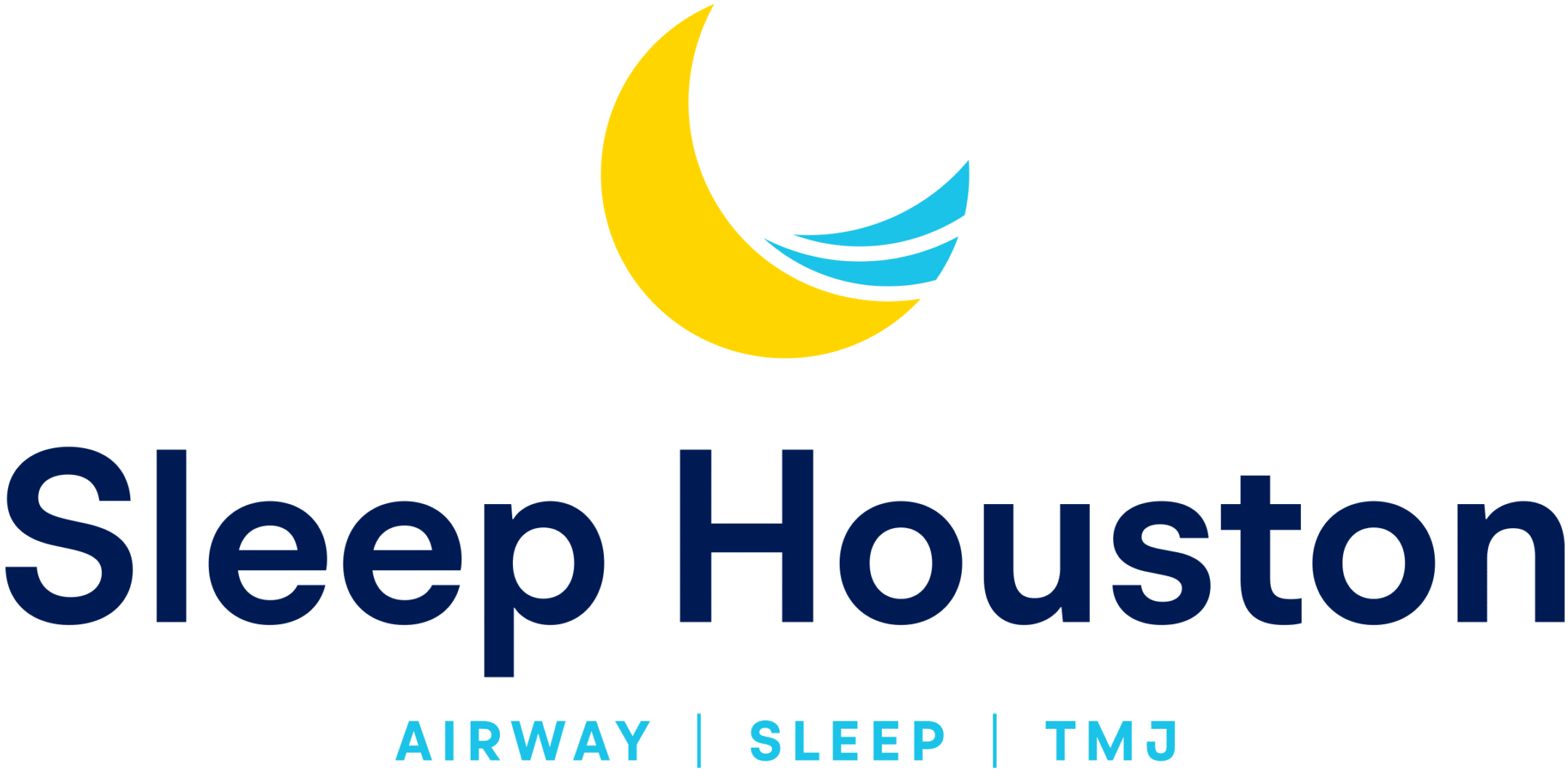
Overview
Maintaining a consistent daily and nightly routine is important so your body can know what to expect. Sleep hygiene consists of all the behaviors that let you fall asleep and stay asleep on a regular basis, including the following:
- The food and drink you consume
- Your daily schedule
- Physical activity during the day
- Evening activity
Sleep hygiene begins with waking up, but the time before falling asleep has the greatest impact on sleep quality.
Types of Sleep Hygiene
Sleep hygiene is typically rated as good, fair, or poor. The Centers for Disease Control and Prevention (CDC) defines a good night’s sleep for most adults as getting at least seven hours of sleep each night, feeling rested after waking, and feeling awake during daytime hours.
Risks of Poor Sleep Hygiene
The CDC reports that over a third of American adults don’t get enough sleep. Poor sleep hygiene increases the risk of sleep disorders like insomnia. It also increases the risk of general health conditions like the following:
- Heart disease and stroke
- High blood pressure
- Obesity
- Type 2 diabetes
When to See Your Healthcare Provider
You should see a healthcare provider when the quality of your sleep is consistently poor. However, this can be hard to detect if you sleep alone. Signs that you aren’t getting enough sleep include feeling tired during daytime hours. A partner can also tell you if you’re experiencing signs like snoring and gasping for air during the night, known medically as sleep apnea.
Schedule a Consultation for Sleep Apnea
Dr. Hans Schleicher specializes in helping patients improve the quality of their sleep. It may be time to schedule a consultation appointment if you or someone you know is suffering from signs of sleep apnea in the greater Houston area. Call us at 713-828-8587 or schedule your first appointment online.

